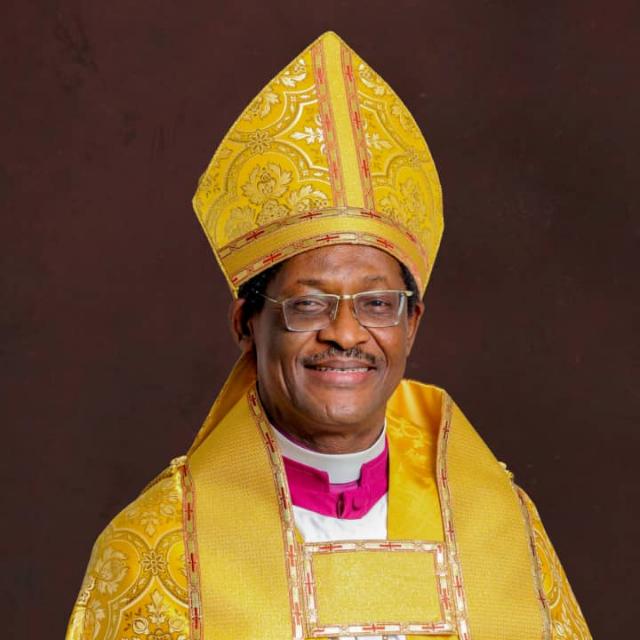‘The deadly ‘virus’ of homosexuality has infiltrated the ACNA’ he alleged, and this had ‘serious implications’ for Archbishop Foley Beach’s leadership of GAFCON (the Global Anglican Future Conference, made up of orthodox believers unhappy with Anglicanism’s liberal sexual trajectory).
But a careful reading of the Nigerian statement shows that it is based on a misunderstanding of an internal debate in the ACNA about the pastoral care of people who are same-sex attracted. A Pastoral Statement by the ACNA bishops addressing sexuality and identity released in January recommended that the term ‘gay Christian’ unhelpfully elevated sexual orientation into an identity and commended the phrase ‘Christians who experience same sex attraction’ instead.
Some within the ACNA then publicly objected by writing a ‘Dear Gay Anglicans’ letter and the Nigerians considered Archbishop Beach’s response to be far too weak and tantamount to tolerating same sex unions. But both sides of the ACNA debate do clearly hold Lambeth I.10 and the Jerusalem Declaration in common.
So why the misunderstanding? One explanation may be the tendency in African traditional culture to see homosexual attraction and practice as the same thing, the one leading to the other. It is significant that the Nigerian Primate flatly states: ‘A Gay is a Gay, they cannot be rightly described otherwise’ and no distinction is visible in his statement between orientation and practice, contrary to the foundational Lambeth Conference Resolution I.10 of 1998.
But this could also be a convenient misunderstanding. Some commentators have noted that Bishop Felix Orji, who leads the Church of Nigeria’s dioceses in North America, has been quick to use the Primate’s letter to justify their separation from the ACNA in 2019.
This dispute must be resolved because it touches on two commitments fundamental to Gafcon’s identity. The first is that culture needs to be tested against Scripture, and that must include all cultures, not just those of the secularised West. The second follows from it and is stated in Clause 12 of the GAFCON Jerusalem Declaration: ‘We pledge to work together to seek the mind of Christ on issues that divide us’. If the GAFCON Primates can come together and reach conciliar agreement under the word of God, the movement will have taken a step towards greater maturity. If they do not, it is difficult to see how this selfinflicted wound can heal.




I do not think that there was a ‘misunderstanding.’ The Church of Nigeria’s Primate and majority of their bishops have made clear that they are opposed to and do not love LGBT people, irrespective of what term or phrase is used. They are as opposed to The Episcopal Church’s acceptance of LGBT people in relationships as they are to the ACNA’s use of the term ‘same-sex attracted’ which calls for chaste singleness. To suggest that the Church of Nigeria’s very well educated Archbishop simply does not understand is to a) let him off the hook and b) avoid calling them out on their clear hatred for LGBT people regardless of term or lifestyle.
Interesting – what makes you think that the Church of Nigeria “does not love” people who engage in homosexual activities, or has “”hatred” for them?
There’s a clear misunderstanding here. Too many people misunderstand disapproval as a lack of love or as hatred.
My, what happened to hate the sin but love the sinner?
And what of this remark, “African traditional culture to see homosexual attraction and practice as the same thing, the one leading to the other. ” Although that may not be universally true, in the realm of common sense, most folks will assume it is correct about 99.9% of the time.
Amongst Christians one thing does not lead to the other 99.9% of the time. Many heterosexual Christians avoid fornication and once married, adultery. Some stay single for three or more decades before marriage and some do not marry at all, while being attracted to the opposite sex. The same surely applies to a large percentage of same-sex attracted Christians.
Ah, but that is not what the homosexual activists want us to believe. Their whole ideology is that homosexuality is reliably linked to the gay lifestyle. So much so that we need to remake the Church to cater to their needs.